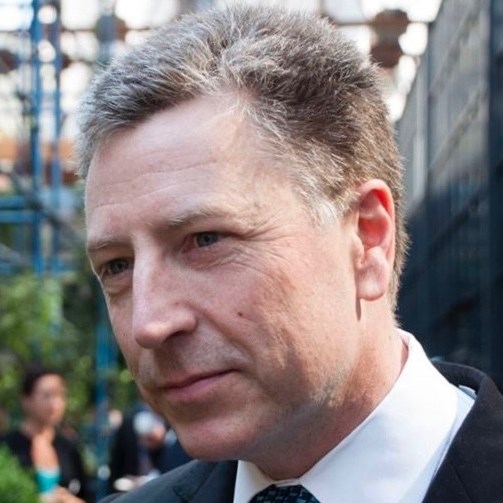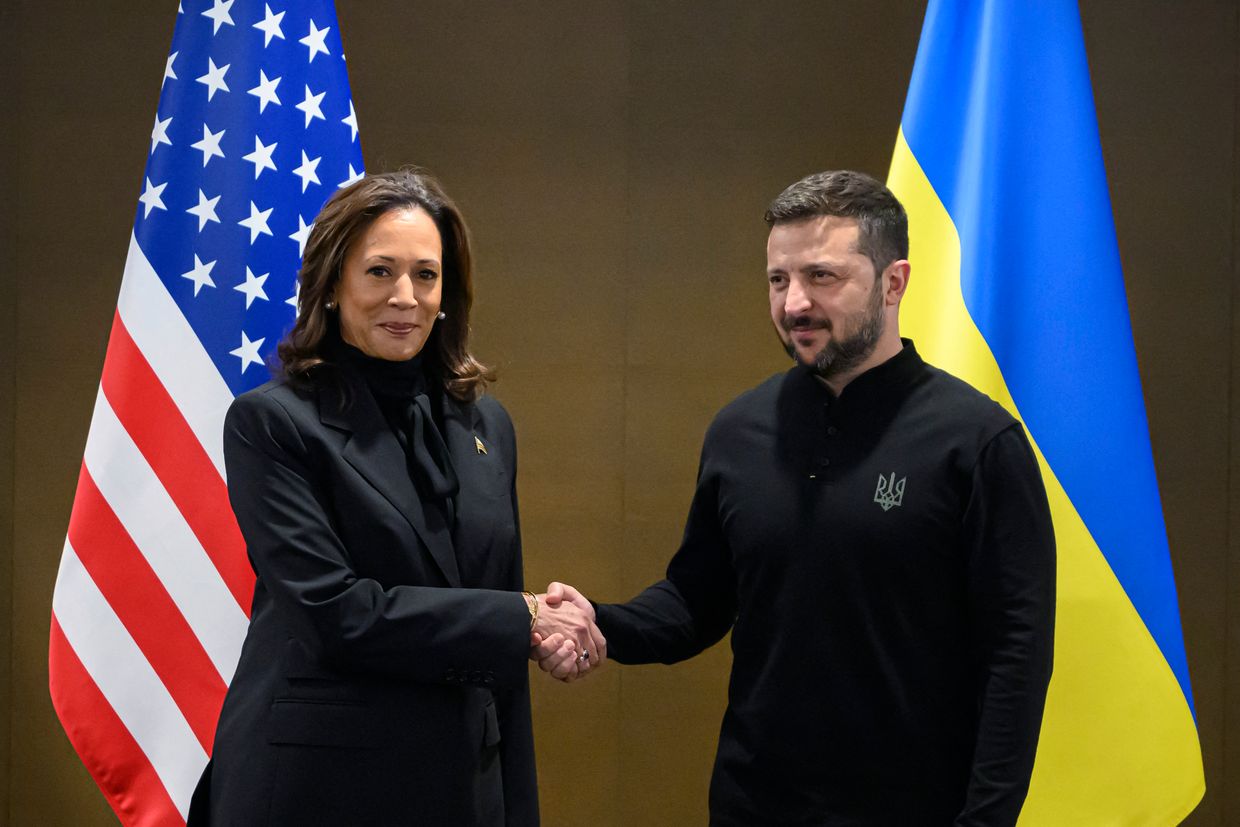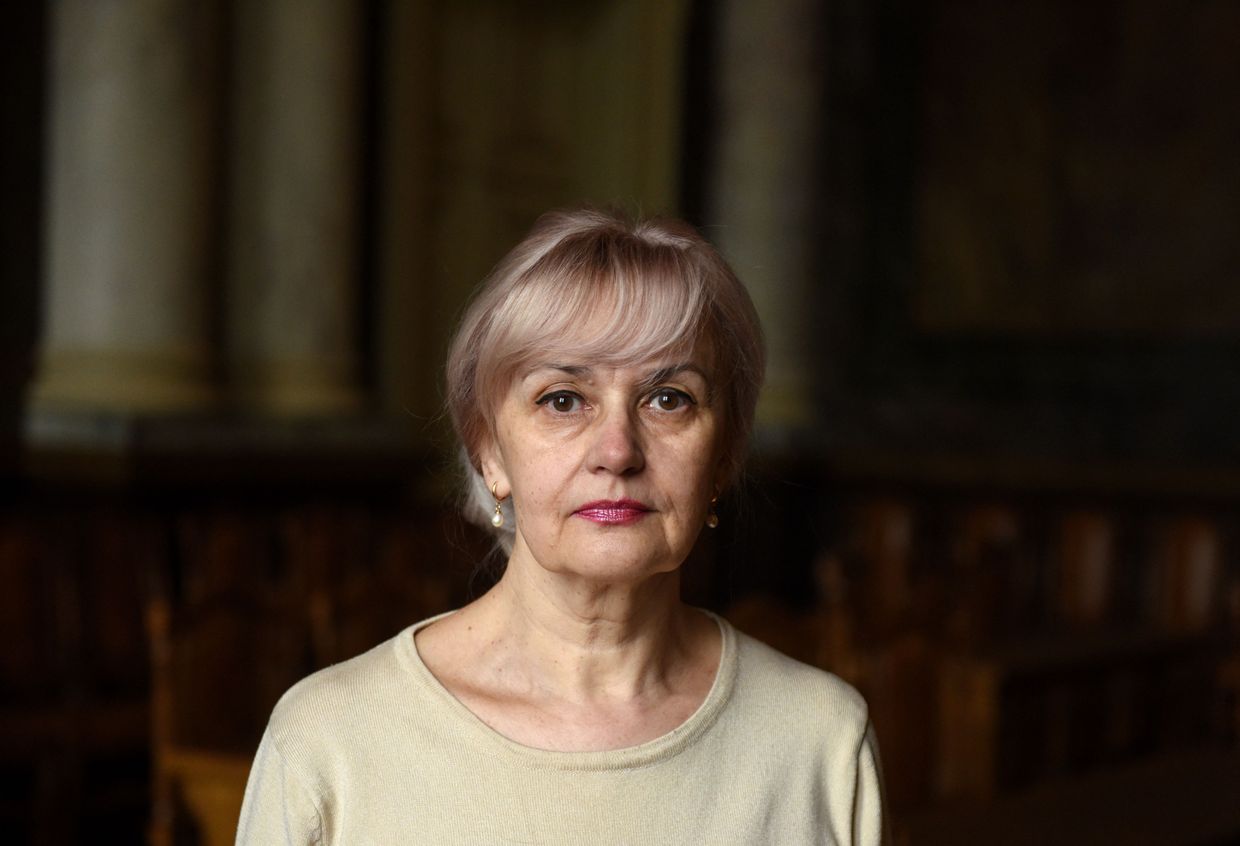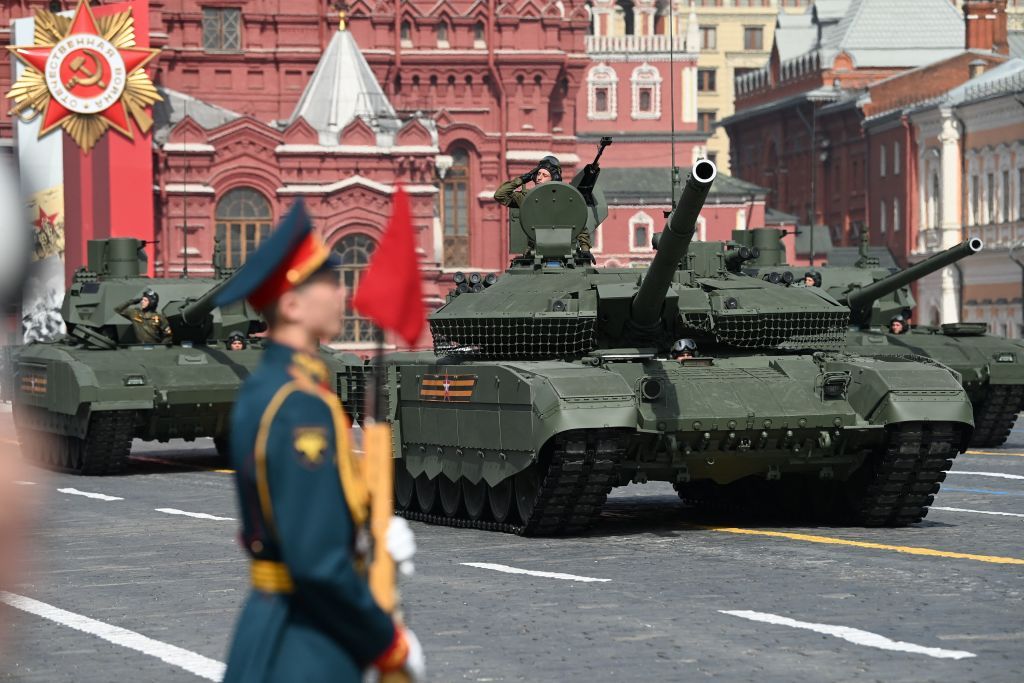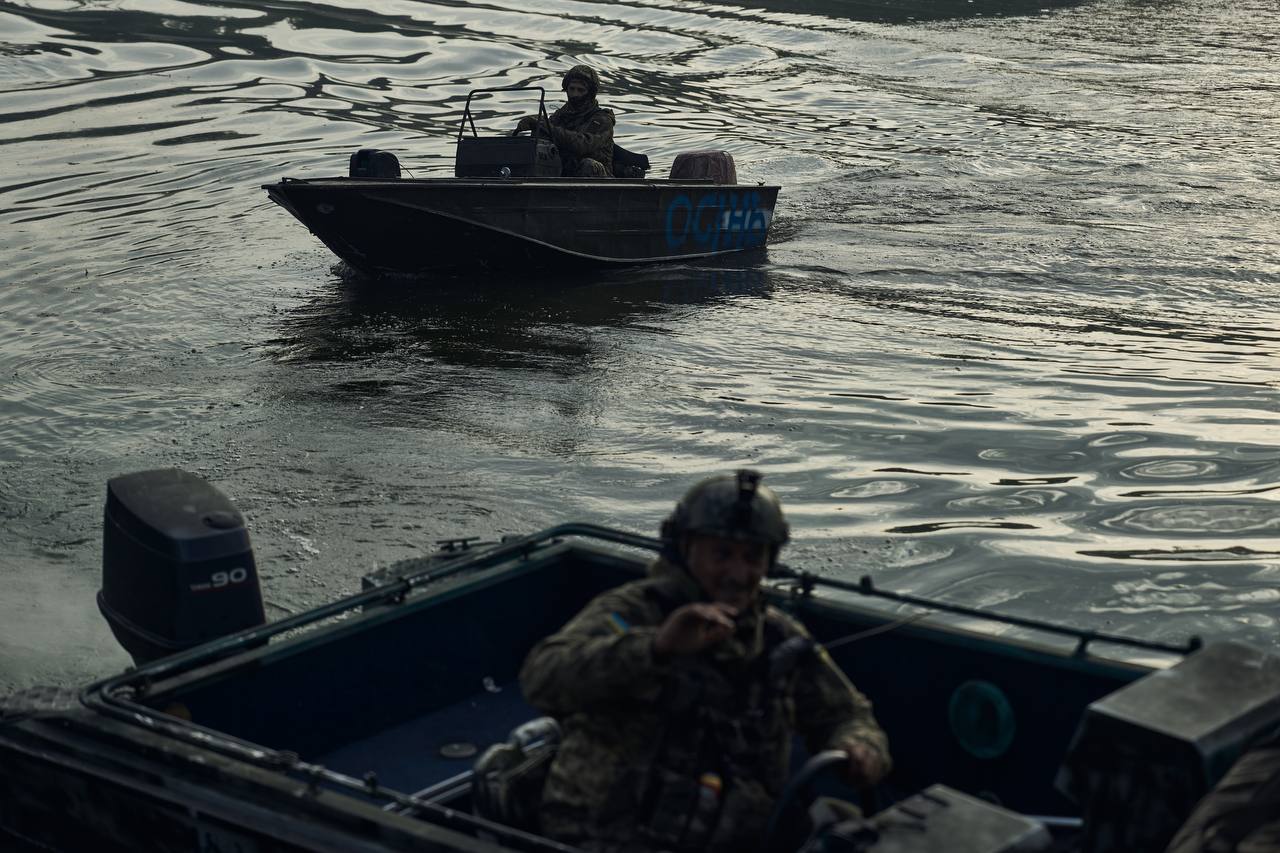Europe is in the midst of the largest war on the continent since NATO was founded in 1949. Russian President Vladimir Putin is attacking Ukraine with conventional forces and engaging in hybrid attacks against NATO itself.
The allies know that if Russia is not defeated in Ukraine, it is highly likely that Europe will soon face a larger war involving their countries. It is, therefore, beyond doubt that defeating Putin’s regime is a vital interest for Europe and the United States. And yet despite the billions of dollars of military and financial aid provided to Ukraine, the West still has no plan to achieve Ukrainian victory.
One might think, therefore, that at the July 9-11 gathering of NATO heads of state and government — a meeting marking 75 years of the world’s most successful military alliance — the number one issue would be the plan for victory and the restoration of peace in Europe.
One would be wrong. There will be no talk of doing whatever it takes to win the war, of defeating Putinism, and of inviting Ukraine to join NATO as quickly as possible. Instead, the summit has already been pre-planned to take only modest, incremental steps to support Ukraine, while deliberately avoiding the most fundamental questions.

This low bar was set and rigorously enforced by the United States and Germany, despite pleas for a more robust posture by several NATO allies. Washington and Berlin have made it clear that the key goal is not to provoke Putin and to avoid escalation. His defeat is still not the objective.
As a result, when the dust settles after all the motorcades leave Washington, there will be the same uncertainty in Ukraine as before the summit: brutal fighting on the front line, daily Russian bomb and drone attacks against Ukrainian civilians and infrastructure (especially energy), a Putin who believes he can still win, a Ukraine that heroically fights on without an immediate pathway to victory, and a West that is helping, but not enough. Fundamental questions about the future of war and peace in Europe will remain unanswered.
Compounding uncertainty about the war is uncertainty about the future of U.S. leadership. Each of the 31 NATO heads of state and government arriving in Washington this week wants to know the following about its 32nd and leading member: Is President Joe Biden fit to run for re-election as president, and will he? Can he even perform as president right now and for the rest of his term while war rages in Europe? Will the Democratic Party replace him? If so, when, and with whom? Even if he or another Democrat is elected, will the United States only grow weaker? And given such weakness on the Democratic side, can anything now stand in the way of former President Donald Trump returning to the White House? And finally, if Trump wins, what will this mean for Ukraine and for NATO?
As awkward as these questions are for the Biden administration, they are existential for European allies. How they are answered will determine the fate of war and peace on the continent. The United States is the alliance’s most powerful member. It is indispensable. There is now deep uncertainty over the future of American leadership, its future interest in Ukrainian victory and even in the alliance itself.

In a public corporation facing a leadership crisis, the board would convene an emergency discussion about its future. One might think, therefore, that at a gathering of NATO leaders, they would do the same. Sadly, that will not be the case. Alliance leaders will talk quietly about the big issues on the margins, and hold their tongues in public.
NATO urgently needs a strategic discussion about the future of peace and security in Europe, and what can be expected of America in maintaining that peace. It is urgent because, despite the veneer of unity, allies have very different perspectives, depending on their geography and politics. Strong U.S. leadership is needed to forge a consensus.
Most West European leaders have a deep disdain for Trump and are alarmed at his possible return to power. They worry he would undermine NATO’s Article 5 collective defense commitment, cut off aid to Ukraine, embolden Putin, and launch a global tariff war.
Front-line states such as Poland, the Baltic states, and Ukraine (which, while not an ally, is defending the frontier of freedom in Europe) share these concerns to some degree but are even more concerned about weak American leadership. They see an America that gives Ukraine enough to survive but fears a Russian defeat; an America that counsels Ukraine not to attack inside Russia, even as Russia inflicts brutal attacks on Ukraine every day.
Just as they worry that Trump presidency might reduce America’s support for NATO and Ukraine, they fret that a second-term Biden administration would still lack the resolve to defeat Putin, allowing Putin to regroup and expand his imperial and genocidal conquests in Europe.

The remedy to all these fears would be for the NATO summit to send a clear and unambiguous message to Putin that, despite the uncertainties in American leadership, NATO has the strength, resolve, and resources organized behind a clear plan to ensure Ukrainian victory, Russian defeat, and the restoration of peace in Europe.
Ideally, NATO would make clear it will give Ukraine everything required to expel the Russian invader, with no restrictions on the types of weapons provided or their use, other than conforming to international law.
Allies should establish a massive fund for expanding defense industrial production and procuring supplies for Ukraine, based on established NATO cost-share formulae. Allies should provide direct assistance in extending air defenses over western and southwestern Ukraine. Allies should assist with demining and guaranteeing freedom of navigation in the Black Sea. And NATO should begin the process of admitting Ukraine as a member, just as the European Union has done by opening accession talks with Ukraine.
As it is, there will be no such messages from the NATO summit. Allies will leave town as they came, deeply concerned about Russia’s war in Ukraine, deeply concerned about the future of American leadership, and with no plan as to what to do next. They won’t even have discussed it, leaving a gaping hole for our enemies to exploit.
Editor’s Note: This article has been republished by the Kyiv Independent with the permission of the author. The original version can be accessed on the CEPA website. The opinions expressed in the op-ed section are those of the authors and do not purport to reflect the views of the Kyiv Independent.
